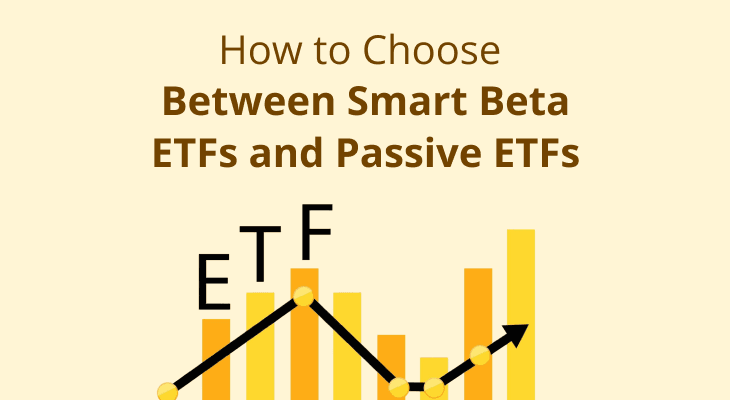
Online Trading and its advantages
Until a few decades ago, stock trading was done by a few individuals with in-depth knowledge of the stock markets and a large amount of funds. Nowadays, technological advancements and internet penetration have made it easy for everyone to trade in the stock market. Online stock trading platforms provide access to all kinds of financial instruments, including stocks, mutual funds, commodities, bonds, ETFs, and futures & options. Further, with the abundance of financial information on social media platforms, it’s easier than ever to invest in the stock markets and generate wealth. So, let us explore the advantages of online trading
Advantages of online trading
Earlier, when investors wanted to buy or sell shares and securities, they had to call their broker and place a request to buy or sell a certain number of a particular security. The broker would then tell the investor the market price for that security and confirm the order. After the user confirmed their trading account, brokerage fees, and the type of order, the order was placed on the exchange.
As you can see, this method involved several steps and was quite cumbersome. Thus, it is not a surprise that online trading platforms have taken over the entire trading landscape due to their advantages. We’ve listed a few of them below:
Low Brokerage
Online stock trading involves a lower brokerage fee than traditional stock trading. What’s more, with brokers like m.Stock, even zero brokerage fees are possible!
Anywhere Access
You can open, manage and close accounts from the comfort of your home. All you need is a device with internet connectivity.
Time Saving
Financial shares or securities that previously had to be purchased from specific locations can now be traded online, reducing the role of the mediator and saving time.
Technical Analysis Tools
Online trading platforms offer a wide array of technical analysis tools that allow investors to analyse stock prices and make informed decisions in real time.
Interactive Dashboard
As an investor, you seek greater control over your portfolio, and online trading platforms provide an overview of your holdings.
How does online trading work?
When you place an order on the online platform, your order gets submitted to the exchange.
The order is then matched with the orders placed on the exchange to find a counterparty at the best available price. The transaction is confirmed once both parties agree on a price.
After the transaction is completed, the broker settles the transaction and debits or credits the shares into your account within transaction +1 or T + 1 day.
Steps to open an online Trading account
To start trading online you need to open a trading and Demat account. This process is easy and can be completed online. Once you choose your desired broker, you just need to visit their website and follow the steps mentioned. In general, the steps are as follows:
Begin the process by filling in all the required details.
Submit all the necessary documents such as PAN, residence proof, address proof, income proof, etc.
Know your complete (KYC) verification process.
After the broker processes your application and verifies all the details, your account will be created within 48 hours.
Your account has been successfully created!
Documents required to open an online Trading account
Income Proof (One Of The Following)
A photocopy of the Income Tax Return (ITR) filled with the Income tax department
A recent bank statement with the past six months' income history
Identity Proof (One Of The Following)
Passport / Aadhar card / Voter ID / Driving Licence
PAN card having a valid photograph
Address Proof (One Of The Following)
Bank passbook with transaction history of three months
Utility bills like gas bill/telephone bill/electricity bill, which are not more than three months old
Bank Proof
Cancelled cheque, passbook, bank statements for the last 6 months
Photograph
One passport size photograph
Signature Proof
Picture of your signature on white paper, which matches with that on your PAN card
You can open your account with a broker like m.Stock and enjoy zero-brokerage trading! What’s more, the entire onboarding process can be done in under 5 mins!
FAQ
Which is the best online trading platform?
There are many online training platforms available, each of which has its own pros and cons. You must choose a platform based on your specific requirements and preferences. You can choose a platform like m.Stock, which offers you a fast, easy and seamless trading experience at zero brokerage fees.
Is it safe to buy stocks using online trading platforms?
Yes, there are several reputed and online trading platforms that are fast, intuitive and safe . One such platform is m.Stock, which offers a secure and seamless trading experience, without any brokerage fees.

